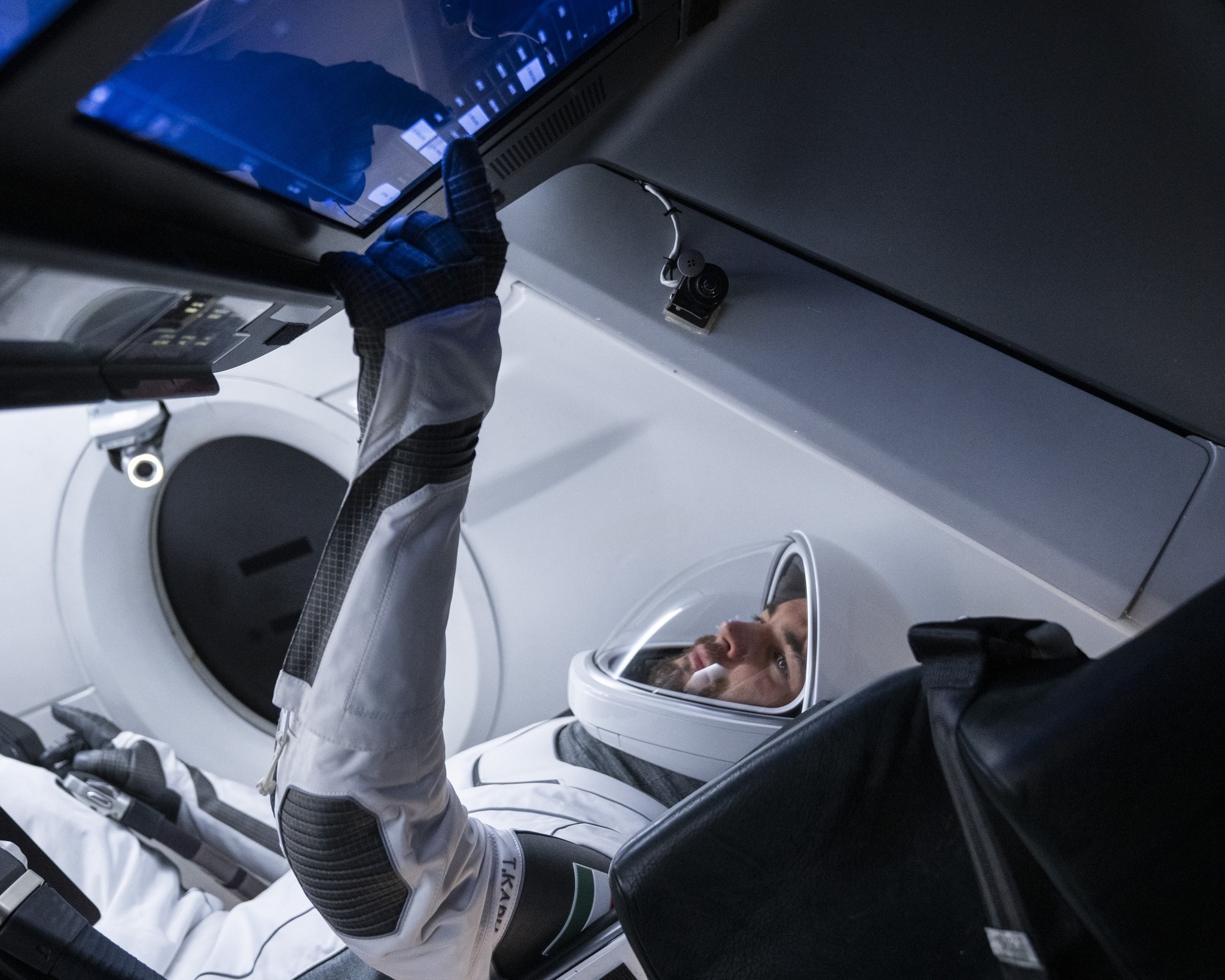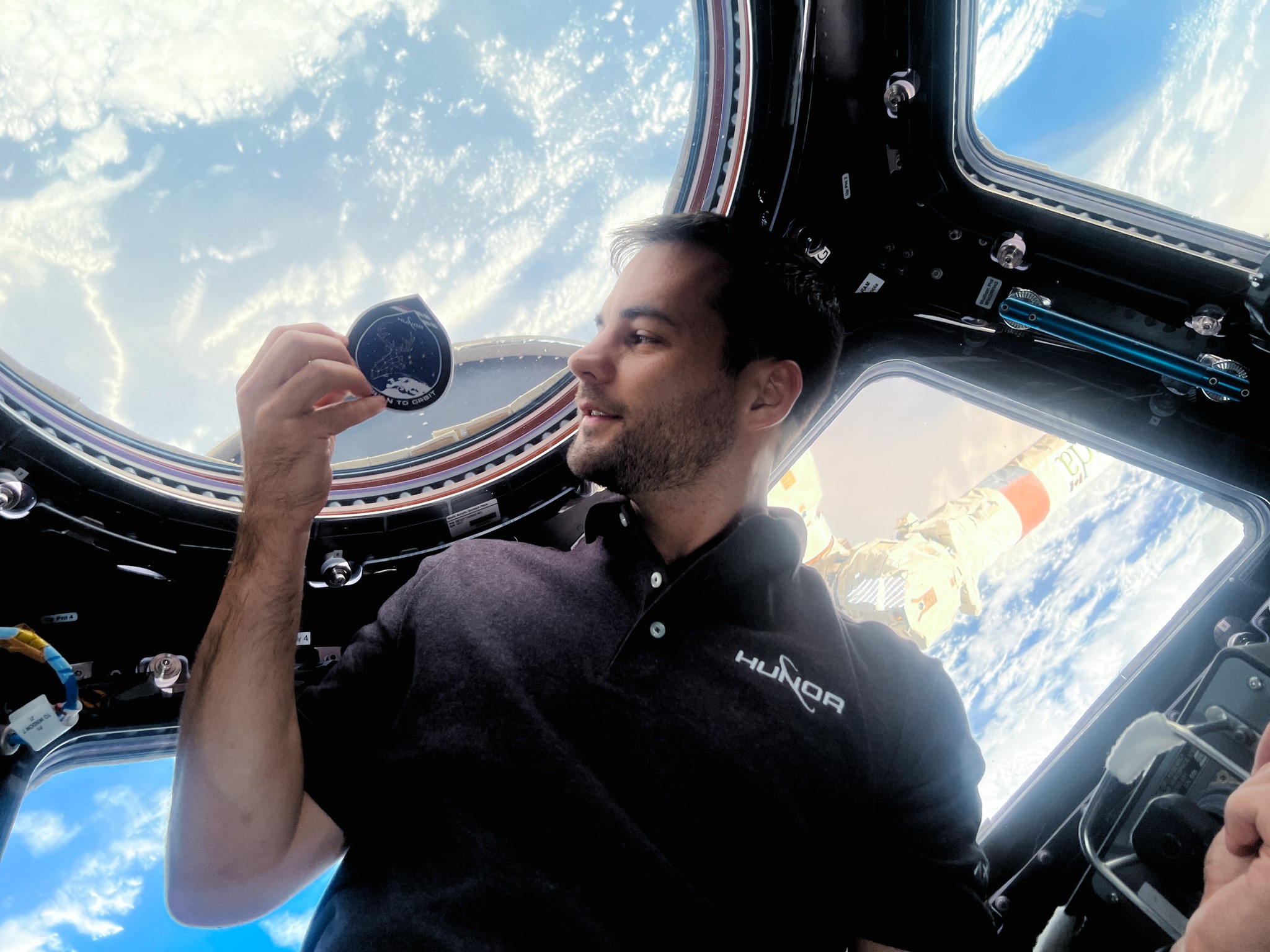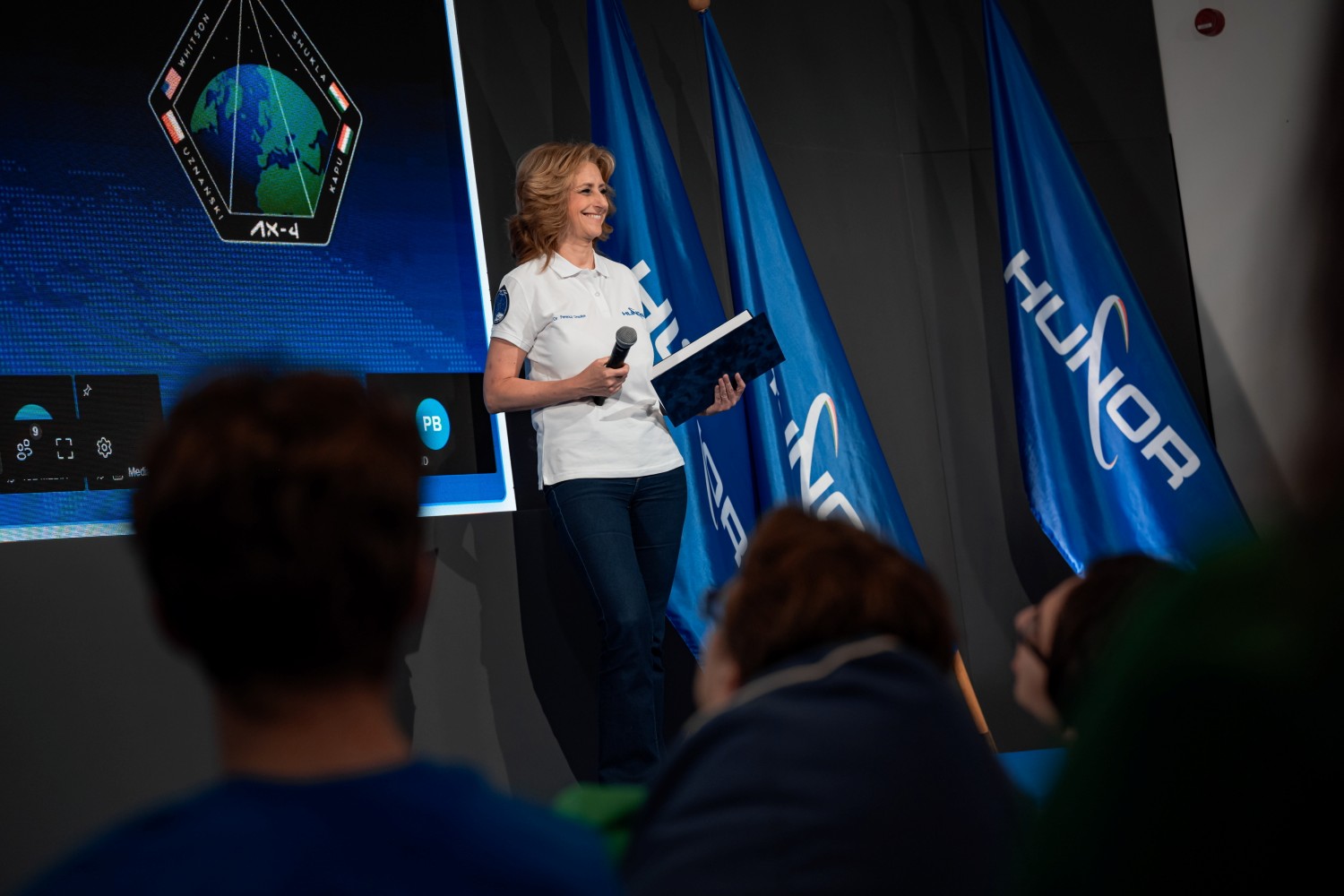
A Hungarian expert's view on our country's role in manned spaceflight and the Mars objectives.Continue reading

After a 45-year hiatus, Hungary has returned to the world of manned spaceflight with the HUNOR program (Hungarian to Orbit), recalled the ministerial commissioner responsible for space research and head of the program in an interview on Kossuth Radio. Orsolya Ferencz emphasized that discovering and researching are fundamental to human existence, helping the human race to create a high-level civilization and develop a sophisticated culture.
A key difference from the historic mission of Bertalan Farkas, the first Hungarian astronaut, lies in the desired transparency, she noted. While the press was only allowed to report on the expedition after the successful launch at that time, the government’s intention from the outset with astronaut Tibor Kapu was to make the program as public as possible. The goal was to arouse the interest of the public and all those involved from the very beginning, said the ministerial commissioner.
The experiments for the ISS (International Space Station) were selected by a broad panel of experts based on the proposals that were continuously submitted, Orsolya Ferencz recalled. Approval from NASA was essential, she explained. Another condition was that the research had to deliver “truly new results” that required the unique conditions of the space station, she added.
The ministerial commissioner illustrated the high requirements with an impressive example. One minute of an astronaut’s working time costs one million forints (2,500 euros).
This shows how expensive it is for companies to test “their technology, their materials, their medicines” in space, which is why “very strict standards” must be adhered to.
Despite the strict selection process, four to five times as many “fantastic proposals and ideas” were received as could ultimately be implemented. This allows us to look to the future with optimism, she said.

Photo: MTI/HUNOR
If the program continues, there would be sufficient scientific potential to fill further missions,
she noted.
Kapu’s mission is scheduled to last at least 14 days. However, the exact time of undocking and return depends entirely on NASA and will be determined with the safety of the astronauts, the space station, and the spacecraft in mind.
Kapu spoke live to the press on Friday from the ISS. He described witnessing the launch of the ‘Grace’ spacecraft (name of the Dragon spacecraft used for the mission) as a “divine experience.” and every day since then as “a miracle,” including his first view of Earth.
As a member of the Axiom-4 mission launched on June 26, the Hungarian research astronaut expressed his pride in conducting numerous innovative experiments aboard the ISS. Of the mission’s total of sixty experiments, at least twenty-five originate from Hungarian researchers, universities, and companies as part of the HUNOR program. Kapu emphasized that
this represents a “tremendous contribution to an international mission” and that Hungary has the highest number of experiments, “that we are rightly proud of.”
He expressed his conviction that the researchers who participated in the HUNOR program will also “find their place in the competitive market.”
The research astronaut described his stay as a continuous “wonder and excitement.” Although he had seen many pictures of Earth before, “nothing could convey the beauty, brightness, and colorfulness of our planet.”
When the sun goes down, everything is orange, and when it gets dark, it is navy blue. We orbit our planet in ninety minutes, and every five minutes something happens that has not happened before. There are storms, winds, clouds, but from up here they look completely different,”
he added.
The Hungarian astronaut emphasized that his journey was “not the journey of a single person,” but the “mission of the entire Hungarian nation.” He expressed his enthusiasm: “As a small nation, a dream has come true; I am here aboard the International Space Station. It was an amazing and cool feeling to travel in a space suit bearing our flag, having my own and my father’s surname on it.”
Among the challenges on the ISS, he mentioned the ease of losing things and the difficulty of concentrating. Shortly before the press conference, he had to fill out a psychological questionnaire and work on an experiment beforehand. Kapu also plans to shoot a video in the Russian segment of the space station, which he is very much looking forward to.
“We would be delighted if we could continue the program. Over the past three to four years, numerous researchers, doctors, and others have worked hard to learn how to select and prepare astronauts. Space travel is an enormous opportunity for all current and future players in this field and for young people in the future,” he emphasized.
Via MTI, Featured image: Facebook/Kapu Tibor